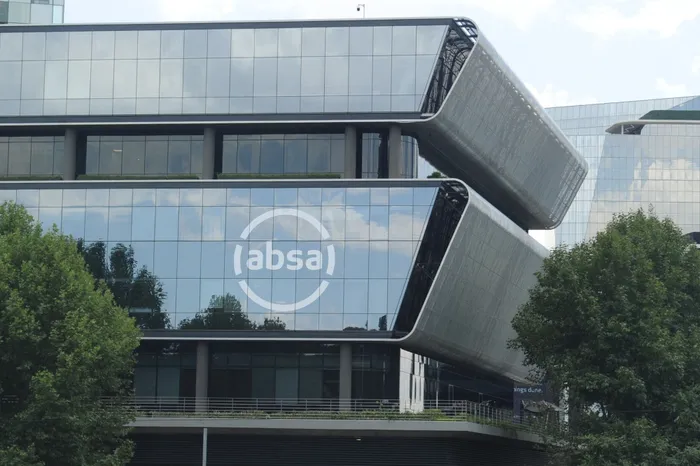Absa warns of worse still to come for economy with load shedding set to intensify

Absa is expecting credit losses at the top end of its target range, given the higher rates and inflationary pressures afflicting the economy. Picture: Karen Sandison/African News Agency (ANA)
JSE-listed financial services group Absa, which raised dividends for the full year to December by more than 60%, warned yesterday that worse was still to come for the economy, which it projected would grow by less than 1% this year.
The bank sees load shedding worsening and impairments intensifying in the year ahead.
Impairments have worsened for South African banks such as Standard Bank and Absa in the past year given tougher macro-economic conditions in the home market and in the region, where countries such as Ghana struggle with sovereign credit risks.
Despite anticipating revenue growth in 2023, building on the R98.9 billion revenue for 2022, which was 15% stronger on the prior year, Absa is expecting “credit losses at the top end of its target range given the higher rates and inflationary pressures afflicting the economy”.
“The outlook for the global, regional and domestic environment remains unusually uncertain. For South Africa, Absa expects the economy to grow by less than 1% in 2023,” Absa said yesterday.
This came as the banking group said “electricity supply is expected to remain a significant risk for the economy for the foreseeable future”. Its forecast for South Africa’s economic growth this year is somewhat bleak compared to its 4.4% growth projection for regional economies in which it operates.
“We are conscious that the macro environment is tough and is expected to get tougher,” said Arrie Rautenbach, Absa’s CEO.
For the full-year period to December, Absa Group raised normalised headline earnings by 13% to R21 billion, driven by “significantly higher pre-provision profit”. Stronger revenue generation at just below R100bn strengthened the higher pre-provision profit for the period.
However, a 61% increase in impairments amounting to R13.7bn, which reflected “the impact of higher interest rates and inflationary pressures in South Africa and significant Ghana sovereign debt-related impairments” took off some of the shine from the company’s pre-provision profit.
Moreover, operating costs crept up by 7% to R50.9bn under “a more difficult operating environment”, according to Absa’s group finance director, Jason Quinn.
Despite of this, Absa raised its headline earnings per share for the period by 13% to R24.8 per share. The lender resultantly paid out a dividend per share of R13 for the period under review, representing a 66% increase.
Shares in the company traded 5.5% weaker in afternoon trade on the JSE at around R177 per share, after release of its financials.
Absa grew its customer base from 9.6 million to 9.7 million in the South African market and pivoted digital platforms that had 10% more digitally active depositors. This was after the rollout of Google Wallet and the Abby chatbot, while Absa ID was also effective as it notched up more than two million registrations.
The regional operations saw a rebound in headline earnings from R106 million to R1.1bn during the year under review. Earnings growth was as a result of strong revenue-led pre-provision profit growth and lower impairments, with the active customer base in the segment increasing from 1.6 million to 1.7 million.
BUSINESS REPORT